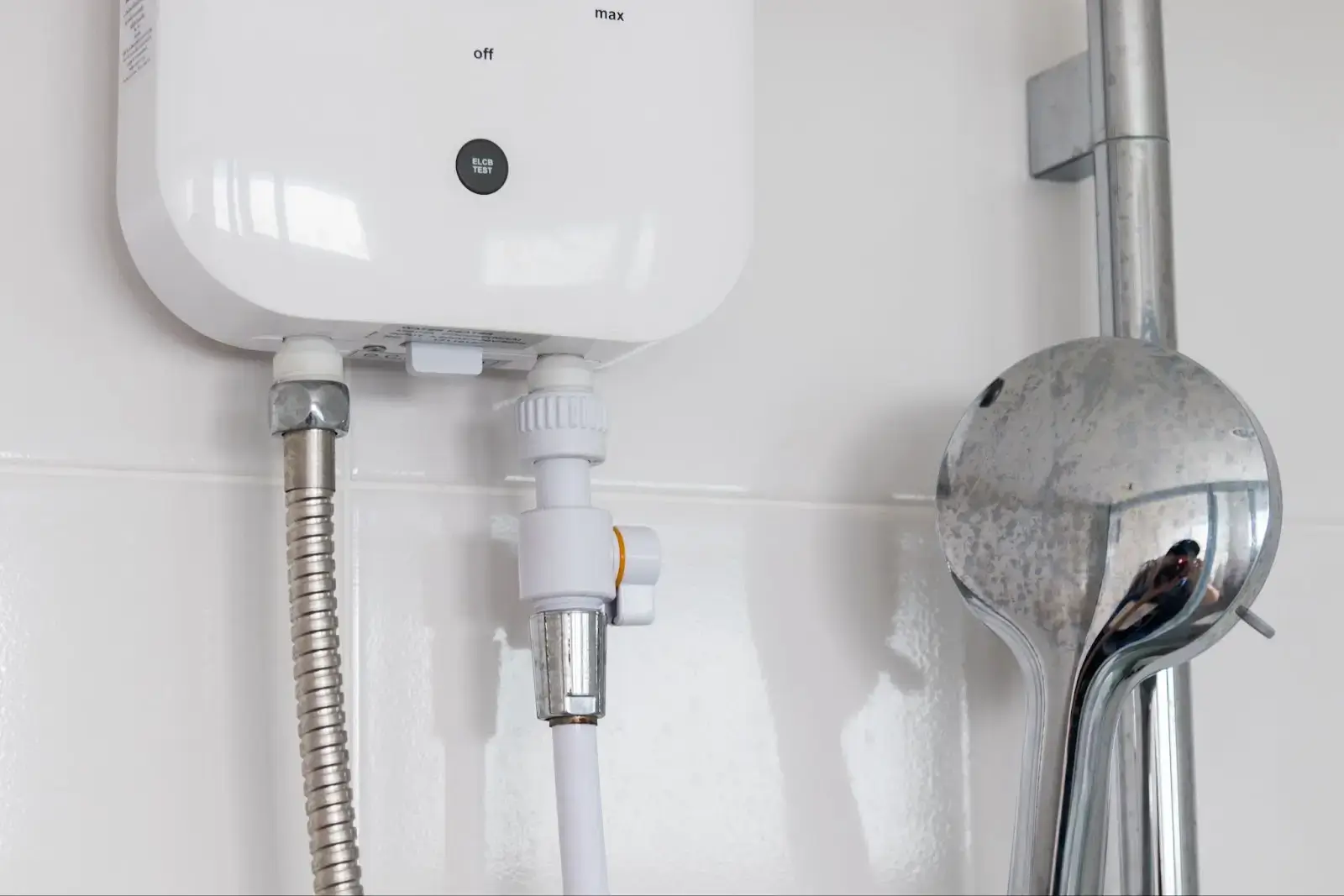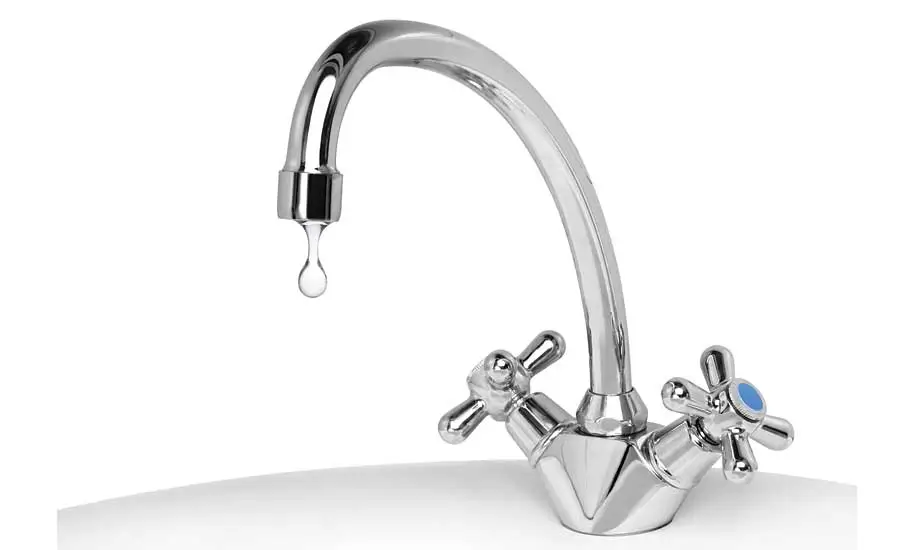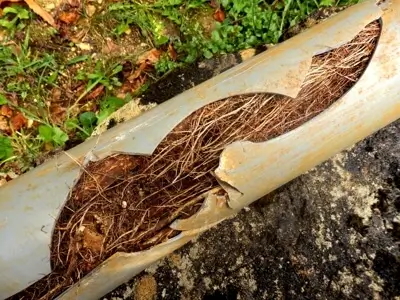Things are starting to warm up in Portland, and you might be itching for a little air conditioning. Spring is all about preparation for the sweltering season that’s about to come.
Prepping your air conditioner for summer is an excellent way to avoid any discomfort. Don’t underestimate Oregon summers.
In 2021, a devastating heatwave swept through the entire Pacific Northwest. It ravaged entire communities all across Oregon, even causing fatalities.
Poor ventilation and inadequate cooling aren’t only uncomfortable but potentially dangerous. You can avoid these risks and other hazards by ensuring your HVAC system is tuned up and ready for the long haul.
Read on to learn more about gearing your air conditioner up for summer.
AC Unit Maintenance Checklist for Homeowners
AC maintenance includes a list of basic and complicated tasks. Some maintenance efforts are doable at home by yourself.
However, some steps are more complex and require professional assistance. Don’t know where to start?
Don’t worry. You’re not alone.
Some homeowners don’t know how to maintain their air conditioners. While you can always rely on HVAC technicians, it helps to know about AC maintenance firsthand.
Ensuring your cooling system gets the care it needs can improve its functions. It can also prevent unreliable technicians from taking advantage of your needs.
Below, you will find ways you can prepare your air conditioning system for the warm weather. If you are entrusting your air conditioners to HVAC specialists, ensure they conduct each step below.
- Inspect and Clean Outdoor Units
Before anything else, ensure your entire AC system is turned off or disconnected from the power source. Clear any twigs, branches, leaves, and other obstructions surrounding the condenser unit.
Inspect it for any damage, contamination, or particle buildup. Condensation may gather around parts, creating pools of stagnant water.
Stagnant water invites mold spores and other organisms. Make sure your outdoor unit is completely dry.
Soak up any residue on or around your unit using an old towel or wet-dry vacuum.
- Examine Air Registers
Pollutants clog intake and exhaust pipes. While leaves, pollen, mud, and condensation are relatively harmless, they may pose hazardous threats to your AC units.
Clogs and blockages can damage your AC system by hindering airflow and exposing internal components to pollutants. Ensure allair registers are open and free of obstructions.
You can pick off large particles like twigs, leaves, and dirt clumps with your hands and a pair of rubber gloves. Use a wet-dry vacuum to suck up smaller particles like pollen, dander, and other micro-particles.
- Manage Air Filters
Dirty and clogged air filters will hinder your air conditioners, causing them to work harder. Failure to change filters regularly can result in your system circulating pollutants and allergens throughout your home.
Changing air filters is relatively simple.However, your filters may need cleaning instead of replacement. You can clean air filters with everyday items, like baking soda and vinegar.
You can extract your air filters behind the front panel of your indoor air handler. Take your filters out of the air conditioner before cleaning them. Pick off all removable particles first, before submerging them into a basin of warm water for ten minutes.
Hang filters until they are completely dry before placing them back into your air conditioner.
For a cleaner filter, add a quick baking soda step before submersion. After you pick off particles, sprinkle baking soda on top of the filter and mist it with a little white vinegar.
The mixture will emulsify for a few seconds and may completely subside in a minute or two. Submerge the filter into warm water once it stops emulsifying. Remember to hang them dry for at least twenty minutes before placing them back into your AC unit.
- Inspect Drainage Pipes
Your air conditioner’s indoor unit has a condensate line that sends water deposits into the drain pan. If this line is impaired, the drainage may be compromised.
Compromised lines cause water to build up and flood the unit. Inspect both indoor and outdoor lines and call a professional if you notice a blockage.
- Test the Thermostat
Turn on your air conditioner and set the temperature to the lowest setting. Observe how long it takes your AC to blow cool air.
While it takes longer to change ambient temperatures, your AC should immediately produce cool air. If you only feel warm air from vents and other handlers, then something is out of order.
- Schedule a Professional Maintenance Service
Homeowners can only do so much for their HVAC systems. While every item listed above can help you examine your AC unit and maintain manageable components, some tasks should be left to trained experts.
Lubricating motor parts, tightening loose wires, cleaning dirty components, and assessing the system conditions are what specialists are trained to do. Maintenance tasks are most effective when left to those who know how to execute them with precision.
It’s best you don’t take on significant undertakings that may lead to further damage or any injuries.
Does Your Air Conditioner Need Repair or Replacement
Everything may only seem “cool” with your cooling system. However, further scrutiny may tell you otherwise.
It would be helpful for homeowners everywhere to know what red flags stem from HVAC malfunctions. Here are some clues you should keenly watch out for:
- Your AC Unit Emits Strange Noises and Smells
You can smell or hear when something is amiss. While AC units naturally make operational noises, lingering or obnoxious sounds are red flags.
Pay close attention when you hear odd noises. Certain noises indicate compromised AC motor functions. Other noises allude to clogs and blockages.
Smelling unusual odors signal even more hazardous problems. The stench may come from gas leaks or overheating electrical components. These issues must be addressed immediately to avoid compromising your home's safety.
- Ambient Temperatures Don’t Match Thermostat Settings
Your unit likely has a problem if you’re constantly fiddlingwith AC temperatures to achieve comfort. Compromised thermostat controls prevent stable cooling, producing uneven temperatures in your home.
You must immediately report unresponsive temperature controls to the pros. Your HVAC equipment will not recover on its own, especially not if it’s wrestling with an electrical issue.
- Your AC Unit is Leaking
Inspect condensate lines for any tears or abrasions, which typically produce leaks. Leaking condensate lines may hinder cooling functions by restricting coolant circulation.
Resource and drain lines should be monitored to address leaks right away. Leaks aren’t isolated problems. They may lead to worse issues later.
Leaks may even directly damage your home by creating water stains and moist spots. Moisture attracts mold and mildew, which warrant costly remediation.
- Weak Airflow
Erratic temperatures and inconsistent airflow often go hand-in-hand. However, compromised airflow may stem from malfunctioning fans and motors.
Blower motors and fan blades may stall due to contamination and clogs. Compromised blower components hinder airflow, which impacts ambient temperatures.
- Inexplicable Energy Bills
Utility bills may vary from month to month. However, variations should fall within a reasonable range. Sudden surges aren’t typical, especially without significant routine changes impacting your home’s energy consumption.
These signs indicate your HVAC system requires a tune-up. If you notice other indicators, don’t just sweep them under the rug. Any indication that your HVAC systems are off is always worth calling in for a professional assessment.
The Benefits of Pre-Season Maintenance
Many of us bring our cars to their respective service stations at least once a year. We don’t bring them to the shop because something is wrong. We bring them in for preventive measures.
Pre-season maintenance for air conditioners renders the same effects. There doesn’t have to be anything noticeably wrong with your HVAC system.
Tend to your air conditioners now before summertime starts rolling in. Avoid mid-season breakdowns by staying one step ahead of common HVAC issues.
Your air conditioner will inevitably accumulate pollutants, especially during spring. Springtime is abundant with airborne pollutants, and your AC systems may struggle to keep them outdoors. Once your cooling system is congested, your home’s indoor air quality (IAQ) will deteriorate.
Your family may experience the side effects of poor IAQ, which includes a broad range of respiratory issues. You don’t have to endure them or even encounter them at all. Regular HVAC inspection can prevent accumulation and nip contamination in the bud.
Routine cleaning for your cooling system will ensure cleaner air and energy efficiency, optimizing functions and curbing utility costs. Preventive maintenance is a worthy investment, keeping your HVAC system in tip-top shape.
Need Help With That?
We at Sunset Heating & Cooling Electrical will help to ensure that your HVAC system is up to par. We don’t take shortcuts when deciding what’s best for your equipment.
Our licensed specialists systematically approach HVAC units to provide you with more efficient and effective services. We will inspect each of your units to render necessary maintenance tasks.
We won’t oversell damages, but we won’t sugarcoat them either. We will give your HVAC systems the necessary repairs and tune-up services. We will also help you retire older air conditioning systems for newer integrations.
Your comfort and security are worth investing in. Talk to us and see what made us stick around for a hundred years and counting.







